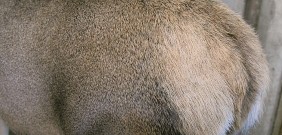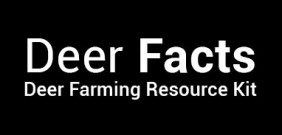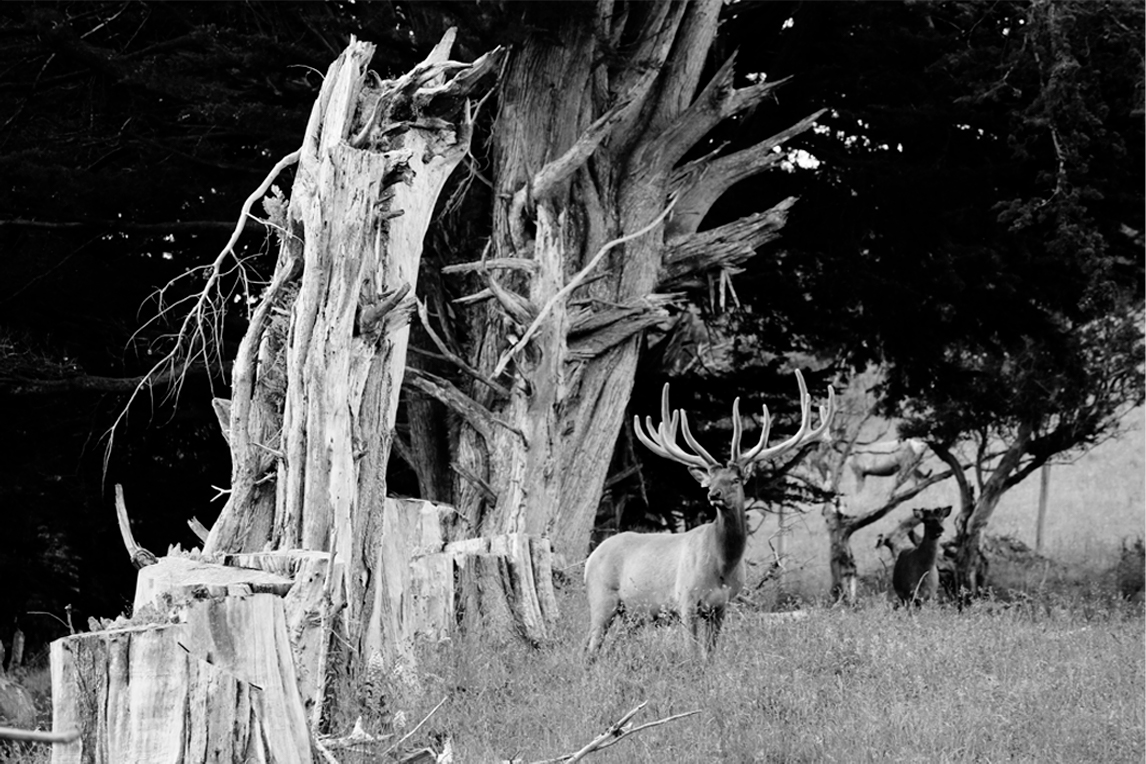Good animal health is crucial to reaching production goals. Deer can be affected by both gastrointestinal and thoracic parasites, as well as external parasites like Ticks. Also from consuming contaminated pastures, these include Facial eczema and Ryegrass staggers. Other diseases include Tuberculosis, Johne's disease, Yersiniosis, Leptospirosis and Abscess/fusoformus. Trace element deficiencies can also limit production.
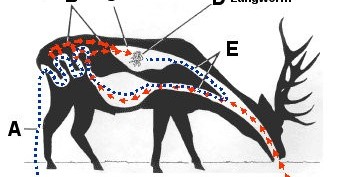
Parasites
Internal parasites (sometimes known as worms) can limit production and can be complex to manage.

Abscess fusiformis
Foot abscess is just one of the possible results of infection by Fusiformis. This necrobacillosis can also cause lesions in the mouth, throat, umbilicus, liver and lungs of deer.
Facial eczema
This condition is caused by the spores of a particular fungus which grows on pasture in areas with high temperatures and high humidity (mainly Upper North Island). Ingestion of fungal spores can cause bile ducts problems, liver damage and dermatitis.
Johne's disease
Johne’s disease is a common cause of death and reduced growth rates among deer. It is also known as paratuberculosis and is caused by a bacterial infection (Mycobacterium avium subspecies paratuberculosis).
Leptospirosis
This disease (which affects all New Zealand livestock) primarily affects the kidneys, in some cases causing death. It can also cause weight loss and abortion. As it is transferable to humans it is known as a zoonotic disease.

Malignant Catarrhal Fever (MCF)
MCF is a significant and frequently fatal disease of deer in New Zealand. Caused by a herpesvirus that is “sheep-associated”, MCF is a common but sporadic disease Occurrence is often on an individual basis and while outbreaks occur, they are rare.

Ryegrass staggers
This condition is a disease of deer, sheep, cattle, alpaca and horse caused by the consumption of perennial ryegrass infected with certain fungi. The fungal spores are toxic and cause nerve and brain damage, which manifests itself as tremors and staggering.

Ticks
Ticks are small blood-sucking creatures that can cause severe weakness and death in deer, particularly calves.
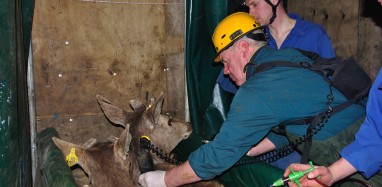
Tuberculosis (TB)
Bovine tuberculosis (known as TB) is a bacterial disease of deer and cattle. Its incidence in New Zealand (NZ) farmed deer herds is very low. However TB remains a threat to venison and velvet exports so stringent efforts are made by the deer industry to control it.

Yersiniosis
Yersiniosis is one of the most serious and common infectious diseases of farmed deer. It causes acute inflammation of the intestines.
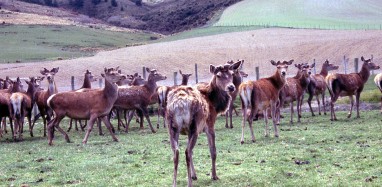
Trace element deficiencies
Trace elements are natural elements required in very small amounts by the body for various metabolic processes which are typically not stored very well, so need to be constantly ingested in tiny amounts. If the body is deficient, the processes will be adversely affected.

